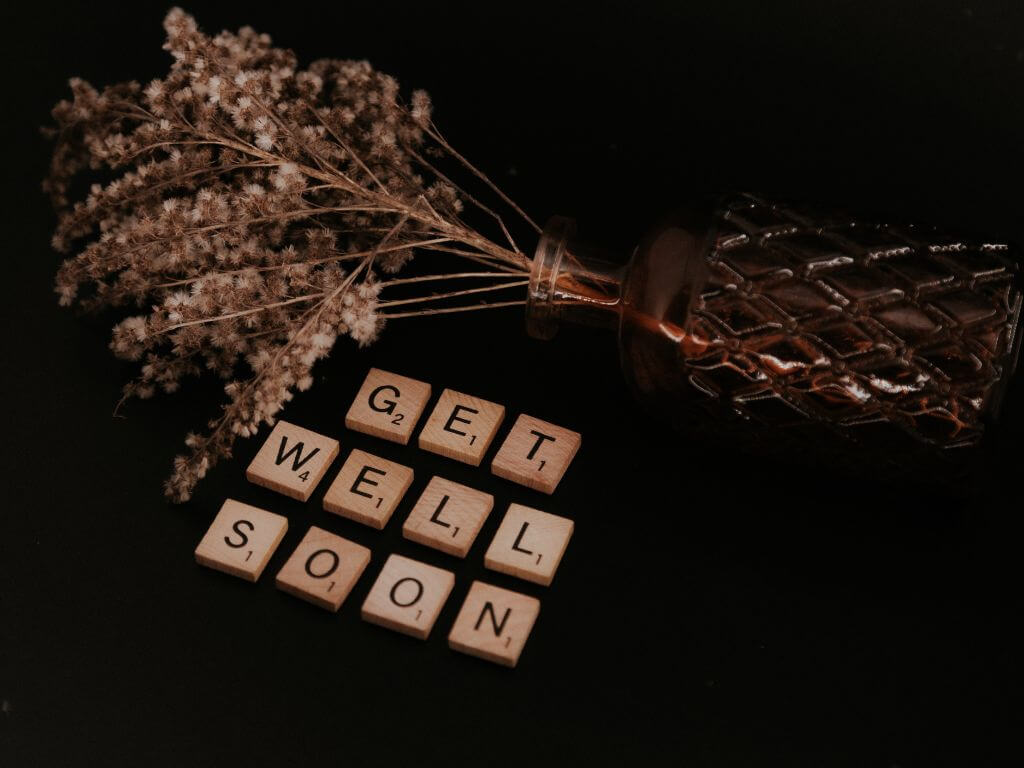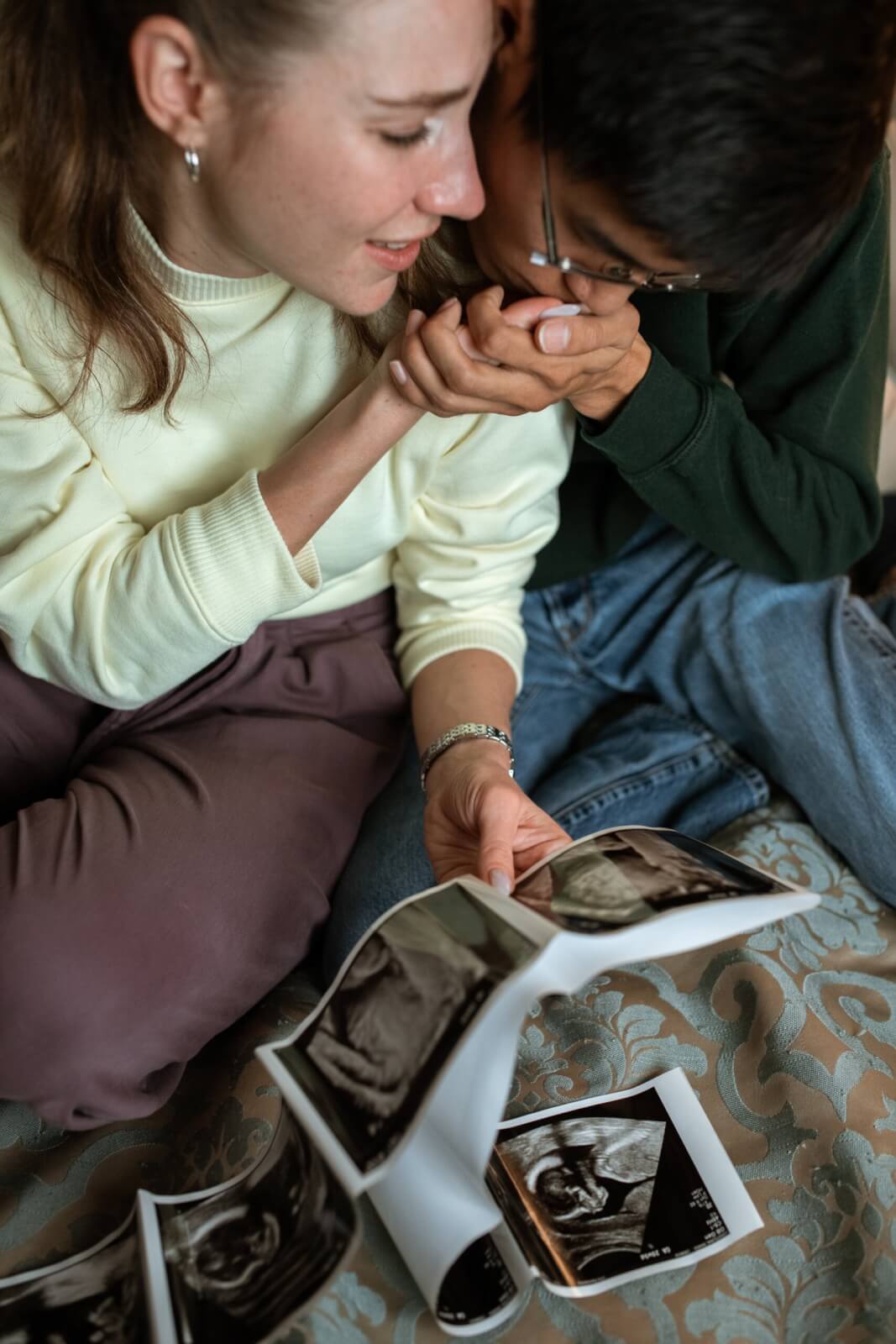
Ask Dr. Monica Vermani: I Had A Miscarriage And Our Family’s “Be Grateful” Sentiments Really Hurt
Lifestyle Mar 27, 2023
We continue our series where Dr. Monica Vermani answers questions about live, love and everything in between.
Dr. Monica Vermani is a Clinical Psychologist specializing in treating trauma, stress and mood & anxiety disorders, and the founder of Start Living Corporate Wellness. She is a well-known speaker, columnist and advocate in the field of mental health and wellness. Her book, A Deeper Wellness, is now available on Amazon, and her in-depth online self-help program, A Deeper Wellness, offers powerful mental health guidance, life skills, knowledge and healing, anywhere, anytime.
Dear Dr. Monica,
A couple of months ago, I suffered a miscarriage after a year of fertility treatments. My husband and I are dealing with our deep sense of loss as best we can, but we are struggling under the weight of unintentionally hurtful comments from well-meaning friends and family members.
I’m pretty sure that telling us to cheer up and be grateful for what we have falls under what would be described as toxic positivity. And words that try to minimize and downplay our loss leave us feeling misunderstood and judged for feeling what we believe is genuine loss and grief.
Is there something we could say to let them know without hurting their feelings how much their words hurt? How do we handle comments that seem to set us back rather than support us?
— Wounded

Dear Wounded,
I am deeply sorry for your loss, and sorry as well, for the suffering brought on by people who wish you well. Grief is a natural response to loss. When you are grieving, you need to feel supported, understood and seen. You don’t need people to try to distract you or diminish your sense of loss.
When people say things meant to help that hurt more than if they had said nothing at all, when they insist on instructing you to look on the bright side, or toward the future, it can be deeply wounding. There are several reasons for this. When we are suffering, we are not looking for unsolicited advice or instructions. What we need are compassion and understanding. When people offer helpful hints about getting over a loss, while they are doing so with the best of intentions, it can feel as though they are minimizing and downplaying the gravity of your loss, and dismissing your painful feelings. When the people who are doing this are the people who care most about you, this can be even more painful than if the same words were uttered by a stranger.
As for how to respond to such comments, the next time this happens, be honest about how you feel. Tell your friend or family member that you know that their intentions are good and that you appreciate their support, but that telling you to get over it, be grateful, or focus on the future (or whatever else they might be advising you to do) makes you feel. Sharing how you feel can be a learning experience for your loved one and expressing how you feel to them can become part of your healing.
Even the best of intentions can go awry. When words hurt rather than help, you should feel able to speak up about how what was said has made you feel. You have a right to your feelings, and to share how a comment or piece of advice has impacted you. And your honest feedback could help them better support you through this challenging time.
Dr. Vermani
Main Image Photo Credit: www.pexels.com
Dr. Monica Vermani
Author
Dr. Monica Vermani is a Clinical Psychologist who specializes in treating trauma, stress, mood & anxiety disorders and is the founder of Start Living Corporate Wellness. Her book, A Deeper Wellness, is coming out in 2021. www.drmonicavermani.com













































































































